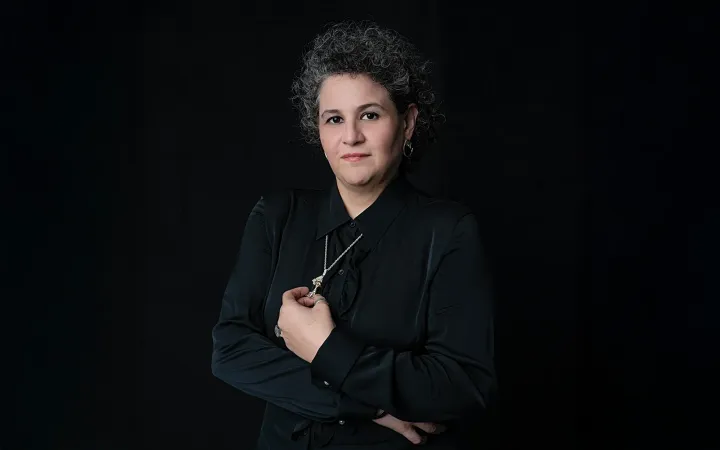Por María del Carmen Alanis
La semana pasada fuimos testigas de una escena inquietante en la Cámara de Diputados. No solo por lo que se vio, sino por todo lo que se encubrió. El intento fallido de desaforar a Cuauhtémoc Blanco, acusado por su media hermana de violación en grado de tentativa, dejó al descubierto una omisión grave del Estado, y también nos enseñó la profundidad de la violencia política que enfrentamos las mujeres, incluso desde dentro de las instituciones.
De 251 diputadas, únicamente 22 votaron a favor del desafuero. El resto, incluyendo muchas mujeres, optaron por proteger al acusado. Lo rodearon en tribuna, le permitieron hablar de forma ilegal -mientras una diputada hacía uso de la palabra- y el presidente de la Cámara convalidó el atropello. Todo esto, ante una denuncia pública, grave y con señalamientos concretos.
Pero esta historia no se detiene ahí. Porque la violencia no solo la vivió la mujer denunciante. También la han vivido las 22 diputadas que se atrevieron a votar en conciencia. Desde antes de la votación, y con mayor crudeza después de ella, han sido objeto de hostigamiento, amenazas, aislamiento y represalias dentro de sus propias bancadas. A una de ellas la expulsaron de los chats parlamentarios, eliminando una herramienta básica de comunicación legislativa, y la han atacado públicamente por ser hija del dueño de un medio de comunicación nacional. Algunas han sido amenazadas de perder prerrogativas, espacios de tribuna, futuros cargos de dirección. Se les ha hecho saber, sutil o abiertamente, que disentir tiene consecuencias.
Todo esto configura una serie de violencias que coexisten y se refuerzan entre sí: violencia institucional, al permitir que las reglas del Congreso se violen para proteger al acusado; violencia política, al instrumentalizar el fuero como escudo de impunidad; y violencia política contra las mujeres en razón de género, al castigar a quienes se atreven a no alinearse con el pacto de silencio.
El mensaje es claro: puedes ser mujer en política, sí, pero no puedes ejercer tus derechos con autonomía. Puedes estar en la Cámara, pero no levantar la voz si lo que dices incomoda. Puedes votar, pero no en contra del poder.Y entonces la pregunta inevitable es: ¿qué pueden hacer estas mujeres hoy? ¿Dónde está el Estado para protegerlas?.
Hay rutas legales. Pueden acudir al Instituto Nacional Electoral a denunciar a dirigentes partidistas, coordinadores parlamentarios o al propio presidente de la Cámara, por violaciones a sus derechos políticos y electorales. Pueden presentar juicios de la ciudadanía ante el Tribunal Electoral del Poder Judicial de la Federación y solicitar medidas cautelares. Incluso podrían exigir, como establece la ley, disculpas públicas de quienes las han violentado.
Pero más allá del camino jurídico, lo que este caso deja al descubierto es el costo desproporcionado que implica ejercer política con conciencia, siendo mujer. Porque la paridad no basta si el sistema sigue premiando la obediencia y castigando la ética. No se trata sólo de cuántas mujeres hay en el Congreso, sino de qué se les permite hacer, decir, defender.
Suscríbete para leer la columna completa…




